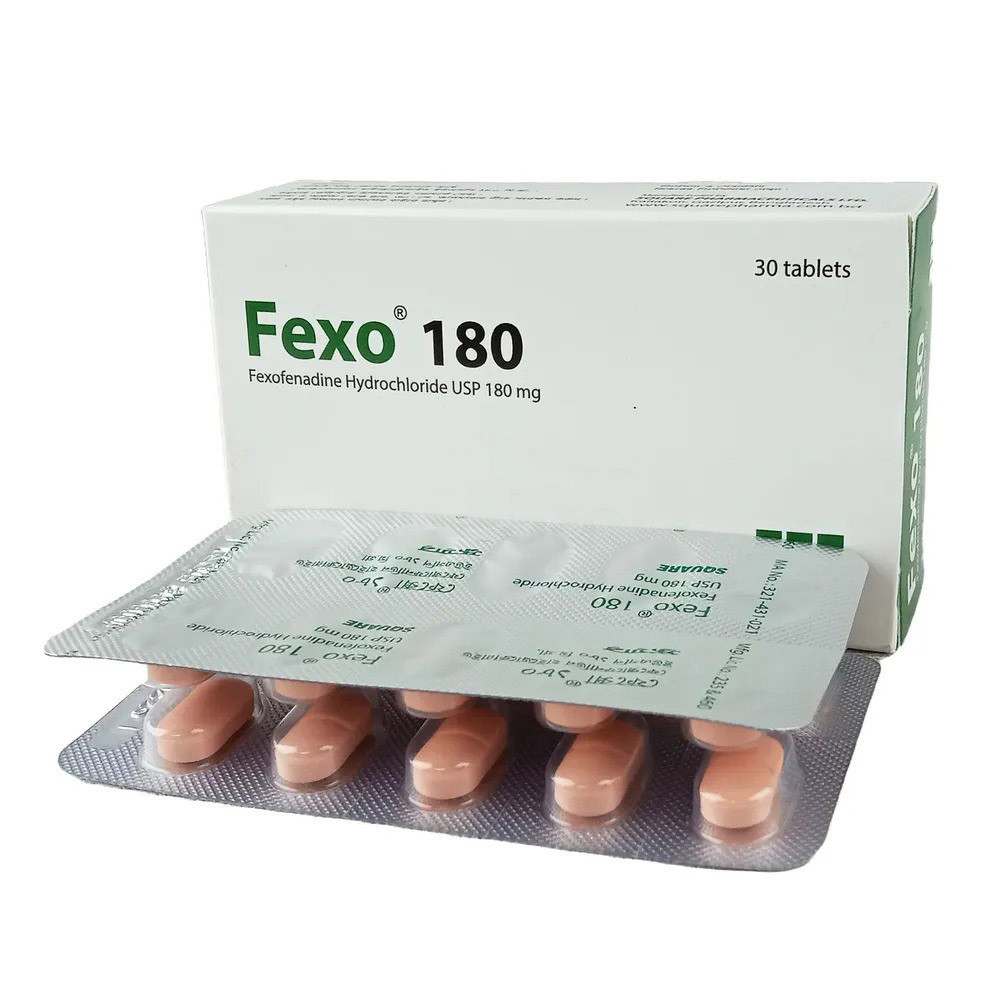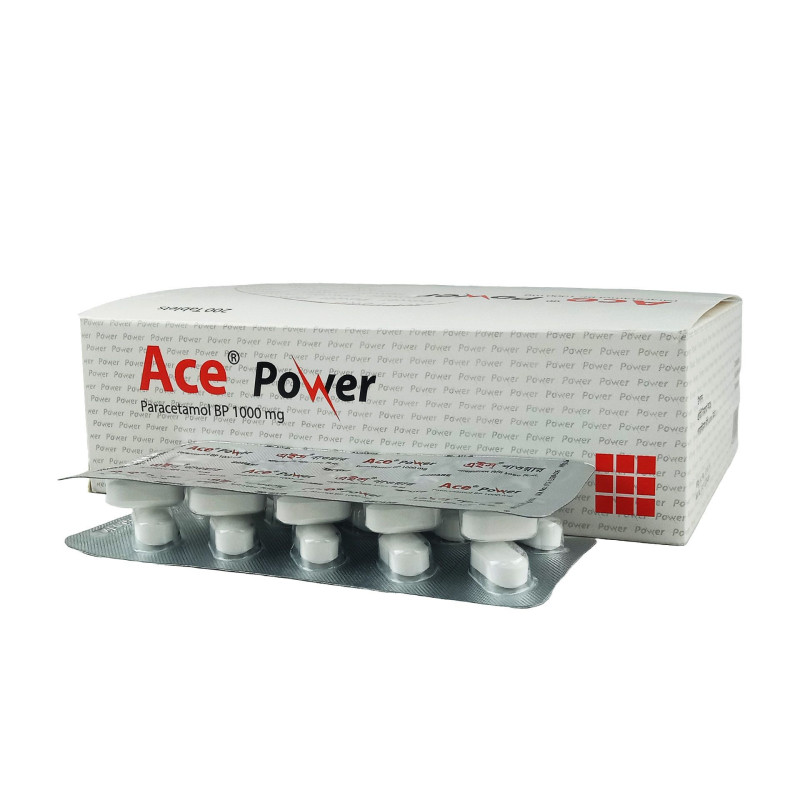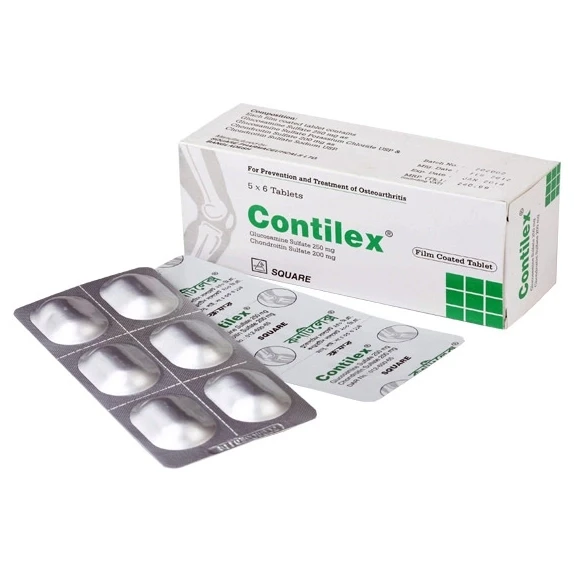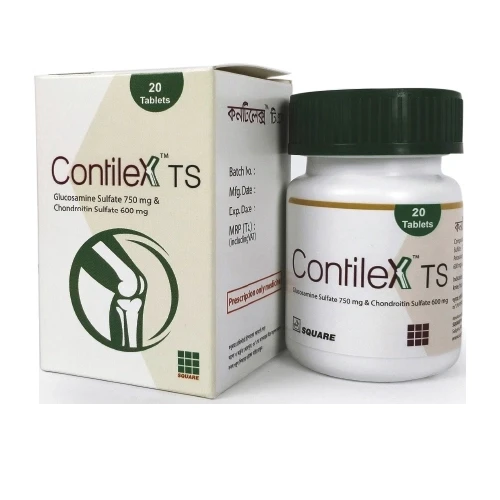

Electro-K Syrup 100 ml bottle, Potassium Chloride 500 mg/5 ml
Inhouse product
-
৳11.40
৳12.00 -
৳42.75
৳45.00 -
৳16.63
৳17.50 -
৳2.14
৳2.25
Reviews & Ratings
Indications
Electro-K is indicated
in-
- Replacement of potassium
deficit
- Diuretic (Electro-K
losing)-induced hypokalaemia
- Hypokalaemia from renal
potassium wasting
- Hypokalaemia from gastrointestinal
losses
- Hypochloraemic alkalosis
associated with hypokalaemia
* রেজিস্টার্ড চিকিৎসকের পরামর্শ মোতাবেক ঔষধ সেবন করুন'
Pharmacology
Potassium Chloride is
used for the treatment of hypokalaemia and of potassium deficiency states.
Potassium ion is the principal intracellular cation of most body tissues. It
participates in a number of essential physiological processes, including the
maintenance of intracellular tonicity, the transmission of nerve impulses, the
contraction of cardiac, skeletal and smooth muscle and the maintenance of
normal renal function.
Dosage &
Administration
Oral dose: It should be taken with or after meals with
plenty of fluid (water/fruit juice). Typical doses for the prevention of
hypokalaemia may be upto 50 mmol (about 37.5 mL) daily by mouth. Oral treatment
may be suitable in some cases of hypokalaemia and similar doses to those used
for prevention may be adequate in mild potassium deficiency. However, higher
doses may be needed in more severe deficiency.
Parenteral dose: Intravenous administration may be required
in acute hypokalaemia. One ampoule (10 mL) i.e. 1.5 gm (20 mmol k+) may be
added to 500 mL of sodium chloride or glucose intravenous infusion and given
slowly over 2 to 3 hours with specialist advice and ECG monitoring in difficult
cases. Repeated measurements of potassium are necessary to determine whether
further infusions are required and to avoid the development of hyperkalaemia.
This is especially liable to occur in renal impairment.
* রেজিস্টার্ড চিকিৎসকের পরামর্শ মোতাবেক ঔষধ সেবন করুন'
Interaction
Combined treatment
with the following increase the risk of hyperkalaemia: Angiotensin-converting
enzyme inhibitors, cyclosporin, NSAIDs, beta-blockers, heparin, digoxin,
potassium-sparing diuretics.
Contraindications
Hypersensitivity to
potassium administration e.g. hyperkalaemic periodic paralysis, congenital
paramyotonia, marked renal failure (even when not yet associated with manifest
hyperkalaemia), untreated Addison's disease, hyporeninaemic hypoaldosteronism,
acute dehydration, hyperkalaemia and conditions involving extensive cell
destruction (e.g. severe burns). In case of metabolic acidosis, the
hypokalaemia should be treated not with potassium chloride.
Side Effects
Excessive
administration of potassium leads to development of hyperkalaemia, the symptoms
of which include paraesthesia of the extremitis, muscle weakness, paralysis,
hypotension, cardiac arrhythmias, heart block and cardiac arrest. Pain or
phlebitis may occur during I.V. administration of solutions containing about 30
mmol or more potassium per litre. Nausea, vomiting, diarrhoea and abdominal
cramps may occur following oral administration.
Pregnancy &
Lactation
As a general rule, no
drugs should be taken during the first three months of pregnancy and the risks
& benefits of taking drugs should be carefully considered throughout
pregnancy. There are no contraindications to breastfeeding while taking
potassium salts.
Precautions &
Warnings
It should be
administered with caution to patients with renal or adrenocortical
insufficiency, cardiac disease, acute dehydration, heat cramps, extensive
tissue destruction as occurs with severe burns, or to patients receiving
potassium-sparing diuretics. Excessive use of potassium-containing salt
substitutes or concurrent administration with potassium supplements may lead to
accumulation of potasssium especially in patients with renal insufficiency.
Attention should be paid to the concurrent use of other drugs that either
contain potassium or have the potential for hyperkalaemia. Treatment should be discontinued
if severe nausea, vomiting or abdominal distress develops.
Use in Special
Populations
Use in children: No
special precautions are required.
Therapeutic Class
Electrolytes
preparations, Oral electrolytes preparations
Storage Conditions
Store below 25°C in a
dry place, away from light. Keep out of the reach of children.
Frequently Bought Products
Product Queries (0)
Login Or Registerto submit your questions to seller
Other Questions
No none asked to seller yet
-
৳11.40
৳12.00 -
৳42.75
৳45.00 -
৳16.63
৳17.50 -
৳2.14
৳2.25







